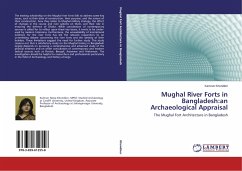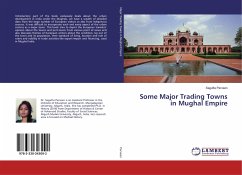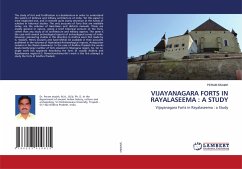The existing scholarship on the Mughal river forts fails to address some key issues, such as their date of construction, their purpose, and the nature of their construction, how they relate to Mughal military strategy, the effect of changes in the course and river systems on them, and their role in ensuring the defence of Dhaka. While consultation of contemporary sources is called for to reflect upon these key issues, it tends to be under-used by modern historians. Furthermore, the unavailability of inscriptional evidence for the river forts has led the relevant researchers to an unremitting debate concerning the river forts and the identity of their builders. These limitations suggest the need for further study. This study reasons out that a satisfactory study on the Mughal history in Bangladesh largely depends on pursuing a comprehensive and advanced study of the physical evidence and on wider consultation of contemporary and modern textual sources such as Persian, Bengali, Assamese and Arakanese. The investigation should be helpful to researchers and professionals particularly in the field of Archaeology and History at large.
Hinweis: Dieser Artikel kann nur an eine deutsche Lieferadresse ausgeliefert werden.
Hinweis: Dieser Artikel kann nur an eine deutsche Lieferadresse ausgeliefert werden.








